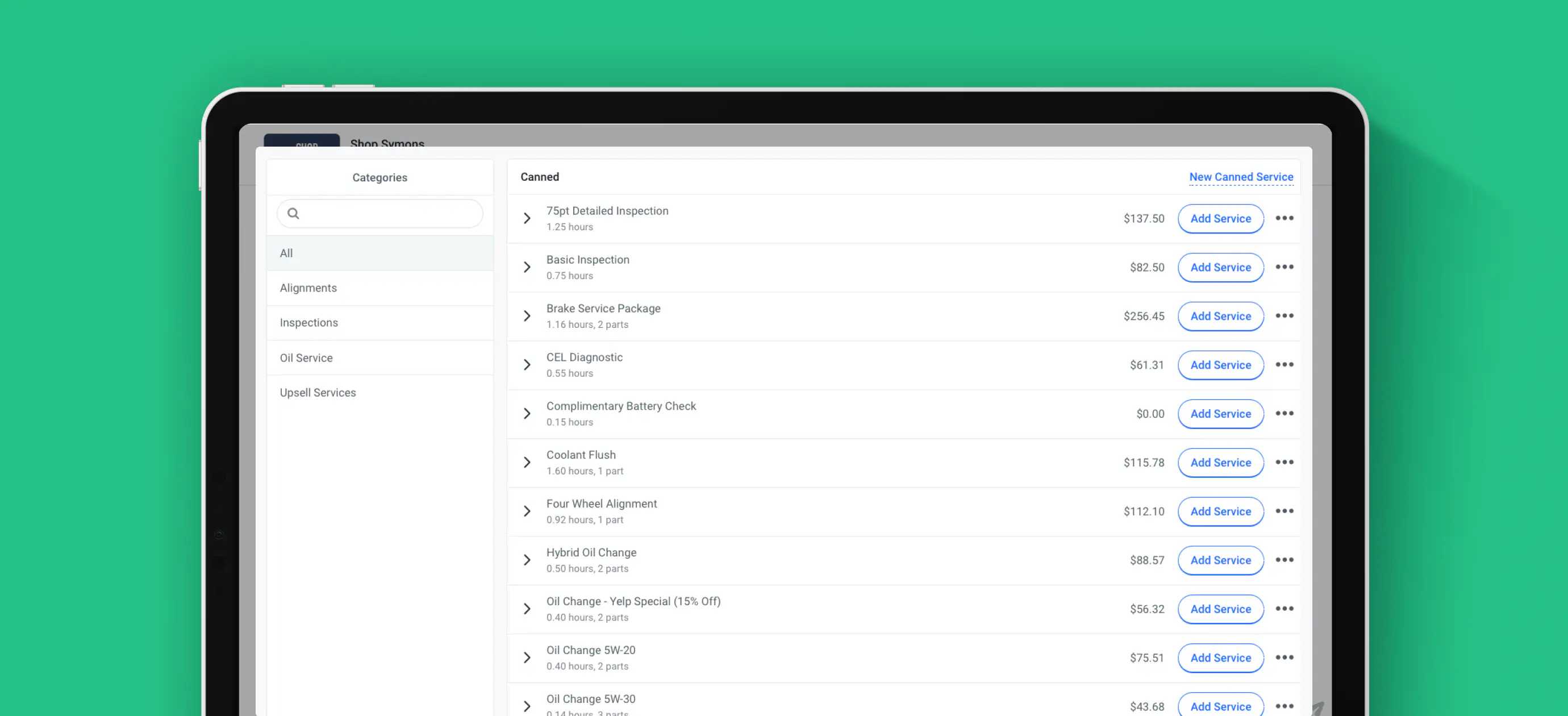Although many people aren’t familiar with them, truck regens are essential to the overall performance and usefulness of diesel trucks. A diesel regen should be performed regularly so the engine operates well, doesn’t break down, and keeps the truck on the road.
Just like there are , there are different types of regens, different ways to implement them, and several compelling reasons for truck owners and operators to do this necessary maintenance. Keep reading to learn everything from how to regen a truck to how much time it takes.
What is a Truck Regen?
For people who are unfamiliar with this term, the first thing they think when they hear it is, “What is a regen?” A truck regen, or regeneration, is a process that burns off the soot that builds up inside the diesel particulate filter (DPF). The DPF removes the accumulation of diesel particulate matter, which is also called soot, in a diesel engine. This soot is a byproduct of diesel combustion and can cause the DPF to become clogged. When that happens, the DPF can restrict airflow and cause the engine to lose power.
There are two types of truck regens: active and passive. Active regens are initiated by the truck's computer and typically occur while the truck is driving. Passive regens are done while the truck is idling. This type of regen is less efficient than active regens.
Why Are Regens Important?
A diesel regen is important for two reasons. First, they help keep the DPF clean. A clean DPF ensures the engine can function properly, which improves fuel efficiency and reduces emissions. Second, truck regens are required by law. In the United States, all diesel-powered trucks manufactured after 2007 must have a DPF.
These trucks are also required to have a system that monitors the DPF and alerts the driver when a regen is needed. Once the regen process gets going it’s important to not interrupt it, as this can damage the DPF. Also, a diesel truck’s engine may run hotter than normal during a regen.
Why Are Regens Necessary?
The main reason regens are necessary is because they are the only means of removing the soot that builds up inside the DPF. If the soot is not burned off, it will eventually clog the DPF and cause the engine to lose power.
In some cases, like when there is excessive buildup over time, a clogged DPF can even cause the engine to fail. Also, a dirty DPF reduces fuel efficiency, making drivers have to refuel more. That extra cost can be avoided by regularly doing regens which auto shops can streamline and expedite with truck repair software.
What can go wrong if regens don't happen or don't work correctly?
If a truck doesn't regen, the DPF will eventually become clogged. This can cause the engine to lose power and possibly experience engine failure, causing much more costly repair issues. Additionally, a clogged DPF can emit harmful emissions, which can contribute to air pollution.
Consequently, it’s in the best interest of the truck owner and driver to regularly do regens. It’s also in the best interest of the environment and the general population for diesel truck owners to routinely do regens, especially if they provide . If you’re wondering how long regen takes, on average regens can take anywhere from 15 minutes to an hour
How Are Truck Repair Shops Involved With Truck Regens?
Truck repair shops are involved with truck regens in a few ways. First, they can help diagnose problems with the DPF system. Second, they can perform manual regens if the truck's computer is not initiating them properly. Third, they can replace DPFs that have become clogged beyond repair. Truck repair shops can provide regen repairs and generate a quick estimate of the cost with .
If you suspect that your truck's DPF is clogged, you should take it to a qualified mechanic for diagnosis and repair. The repair work involves a forced regen. If you’re considering getting into the diesel truck business, you might want to know how often should you do a forced regen. Forced regens are only necessary if the vehicle becomes inoperable because of the buildup of soot.
In Summary
Truck regens are an important part of the emissions control system for diesel-powered trucks. They help keep the DPF clean and prevent the engine from losing power. Truck drivers can avoid many problems with truck regens by properly maintaining their trucks and being aware of the signs that a regen is needed.




